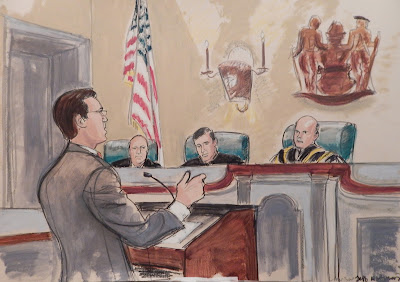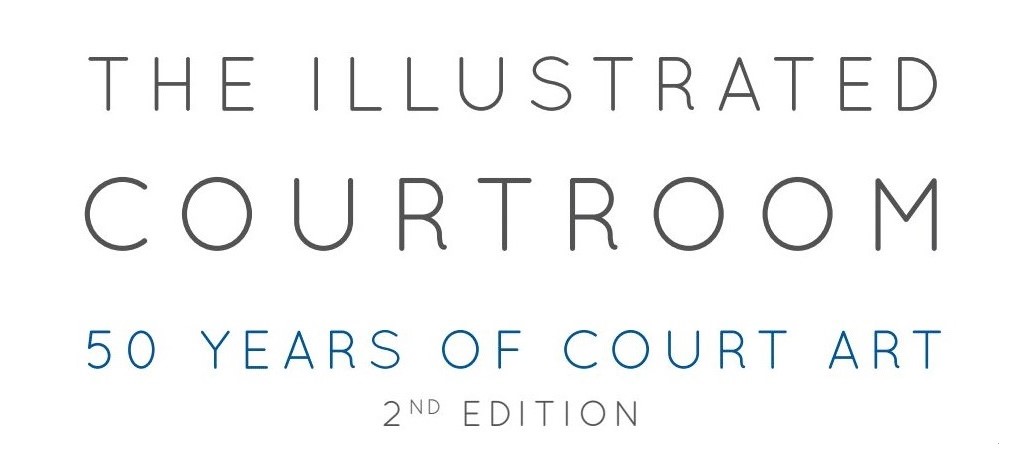http://www.law360.com/articles/799833/citi-shareholders-can-push-800m-suit-directly-del-court
By Pete Brush
Law360, New York (May 24, 2016, 4:07 PM ET) --
Delaware's high court ruled Tuesday that investment trusts
controlled by insurance executive Arthur L. Williams and his wife Angela
properly sued
Citigroup Inc.
directly, and did not have to proceed derivatively, on claims they lost
$800 million when the bank duped them into holding shares that plunged
during the financial crisis.
The Delaware Supreme Court ruling clears away one lingering question in
the high-dollar 2010 lawsuit, which is on appeal after U.S. District
Judge Sidney H. Stein threw it out in October 2013. On appeal the Second
Circuit asked the First State for guidance on whether the so-called
holder claims were direct or derivative.
"The Williamses were the holders of Citigroup stock. Citigroup itself is
not a holder, and at oral argument Citigroup's counsel was unable to
identify any authority in New York or Florida law that would suggest
that the issuer of stock should be the plaintiff in a holder claim
lawsuit," Chief Justice Leo E. Strine Jr. wrote for the court.
During
oral arguments
in April, Judge Strine had showed little inclination to adopt Citi's
position that the case had to proceed as a derivative action, in which a
plaintiff essentially stands in the shoes of the corporation to right
an alleged wrong.
 |
| Jeffrey Lamken, of Molo Lamken representing AHW investors, answering questions by Judge Strine |
 |
| Wide shot of Delaware en banc hearing in the Citigroup v AHW Investors; Jeffrey Lamken making argument to the court |
|
The trusts sued Citigroup and several bank executives in 2010, arguing
the bank falsely asserted its exposure to residential mortgage-backed
securities losses was minimal. As a result, the trusts claim, Williams
held on to 16.6 million shares he had received as part of a merger of
his insurance business and lost $800 million as Citigroup’s stock price
plummeted 95 percent.
With the Delaware ruling in hand the appeal now moves back to the Second
Circuit, which could take up the question of whether the case can be
revived and, if so, whether the Williamses can proceed under Florida
law, which is seen as more friendly to holder plaintiffs seeking
damages. Judge Stein had applied New York law in his dismissal analysis.
“We are hopeful that that Second Circuit will reverse Judge Stein and
allow the case to proceed under settled Florida holder law,” said Jacob
Zamansky of
Zamansky LLC,
attorney for the Williamses. “The record shows that Mr. Williams relied
on misrepresentations by Citigroup in deciding to hold his stock.”





